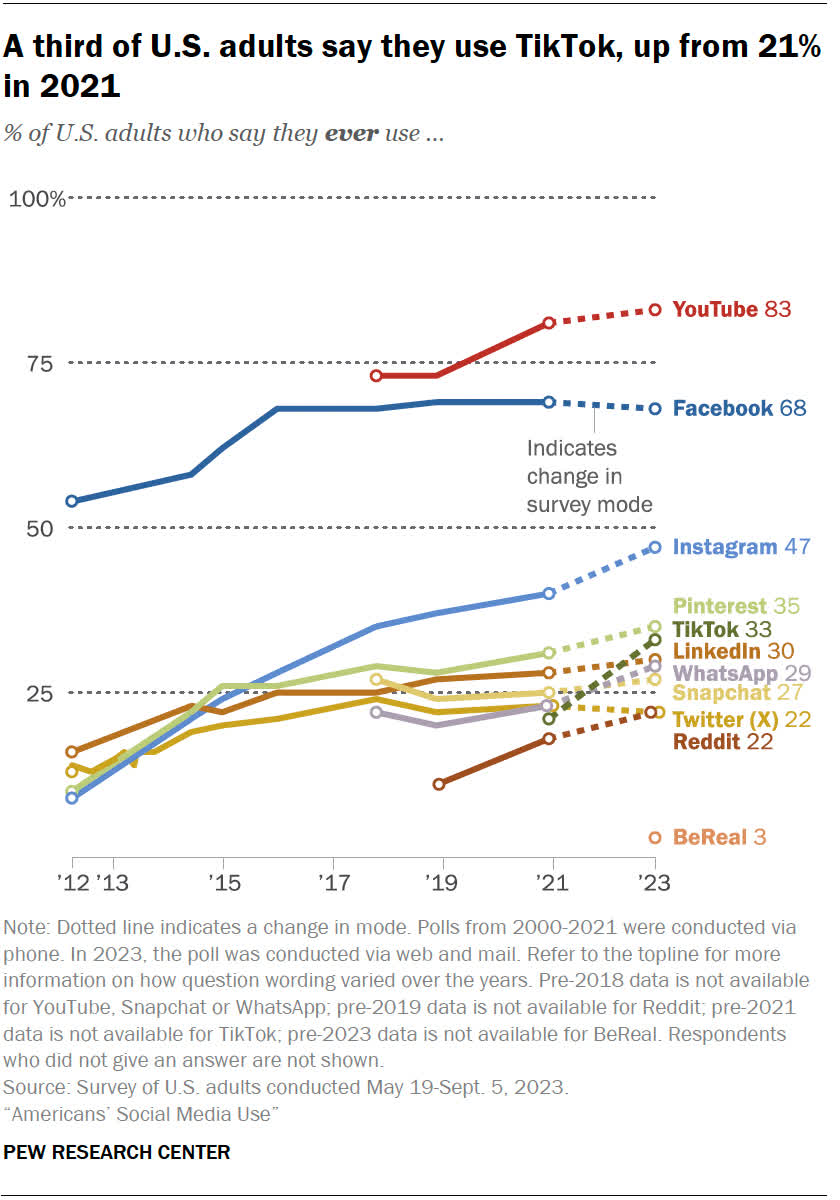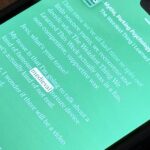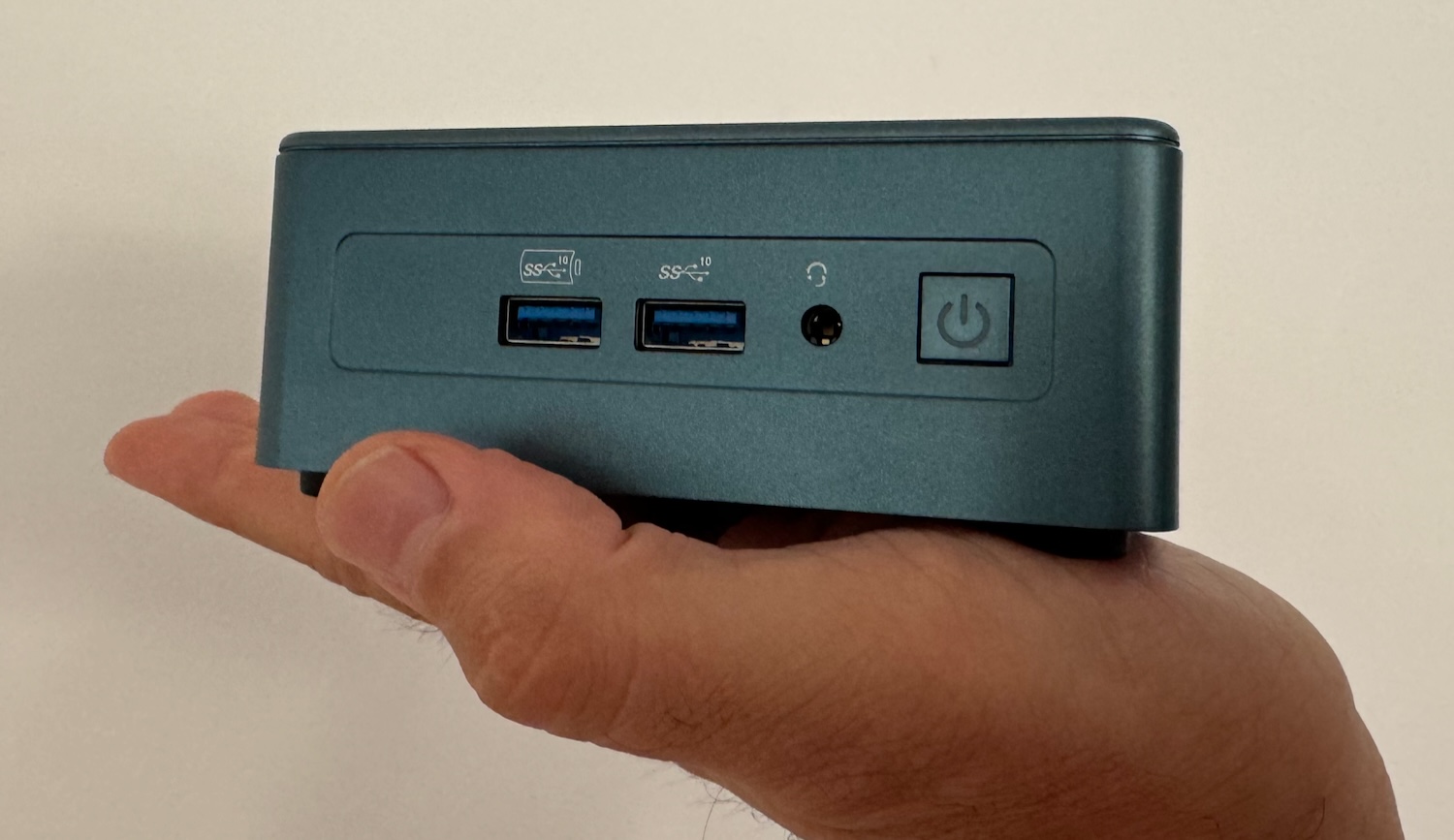What just happened? After years of threats, a bill that could see TikTok banned from the US is now law. However, the ban would trigger no earlier than the beginning of next year, and a court battle could lengthen or even halt the process as a social network used by nearly half of Americans hangs in the balance.
US President Joe Biden has signed a bill into law that forces TikTok owner ByteDance to either sell the immensely popular social network or remove the app from Apple and Google app stores. The Beijing parent company has 270 days to comply, meaning the ban could enter effect next January at the earliest, with a possible three-month extension if a sale is in progress.
TikTok CEO Shou Chew responded by vowing to mount a legal challenge against the legislation, which could delay the issue further. In the meantime, he asked TikTok users to post testimonials explaining how important the platform is to them.
Our CEO Shou Chew’s response to the TikTok ban: pic.twitter.com/l0RAPJMobK
– TikTok Policy (@TikTokPolicy) April 24, 2024
Around 170 million Americans – almost half the country’s population – report having used TikTok, and it’s the fastest-growing social media network in the US. Many users protesting the ban cited how integral it has become to their businesses and livelihoods.
A testament to the platform’s reach is the Biden re-election campaign’s intention to continue using TikTok as the president tries to force its sale or ban, setting the deadline after the November election. A campaign spokesperson said that the Biden campaign still wants to reach voters wherever they are.
However, US officials worry that TikTok harvests user data and shares it with ByteDance in China, accusing the companies of being under Chinese Communist Party control. Although TikTok transferred its US data to servers in Texas and claims that the employees responsible for it don’t answer to ByteDance, anonymous employees recently told Fortune that the separation between the two companies is largely superficial.

Still, some argue that TikTok’s data harvesting practices are no worse than those of Instagram or Twitter and that the law sets a double standard for the Chinese-owned platform. Apple co-founder Steve Wozniak called the ban “hypocrisy,” comparing its practices with those of Facebook and Google.
Chew claimed that the constitution is on TikTok’s side, likely referring to the First Amendment grounds upon which the company could base its defense. The strategy already has precedent, as a Montana judge blocked a statewide ban on the social network late last year, saying that it violated the Constitution in multiple ways, including the right to free speech.
Another concern is whether a ban from US app stores could truly keep Americans away from TikTok. US users could theoretically sideload the Android version of the app, and something similar could potentially occur on iOS if regulators force Apple to open its walled garden as the European Union has. It’s also unclear how the law could stop Americans from accessing TikTok through web browsers and VPNs.









